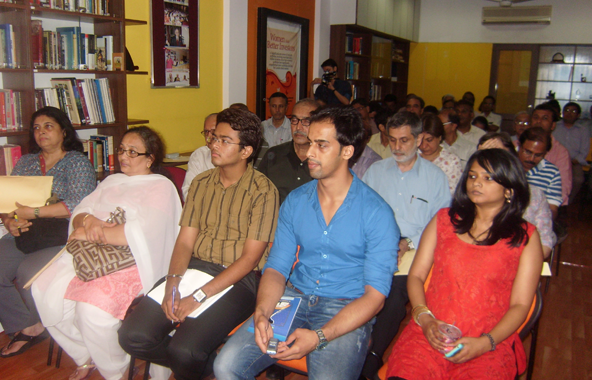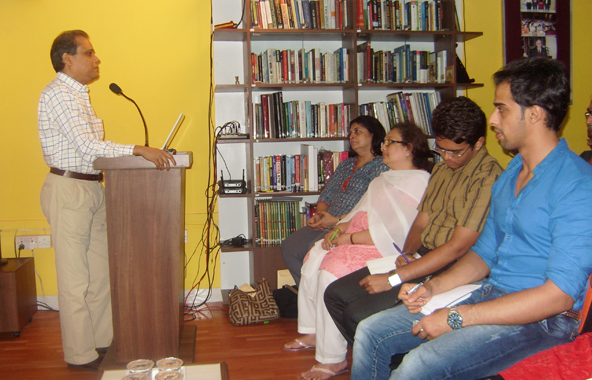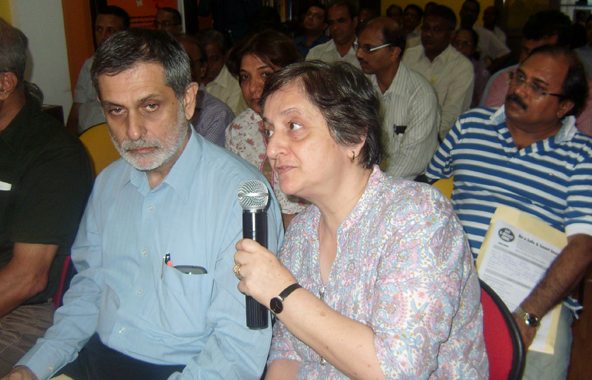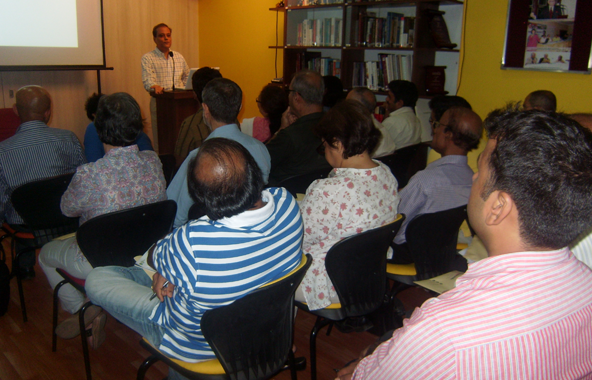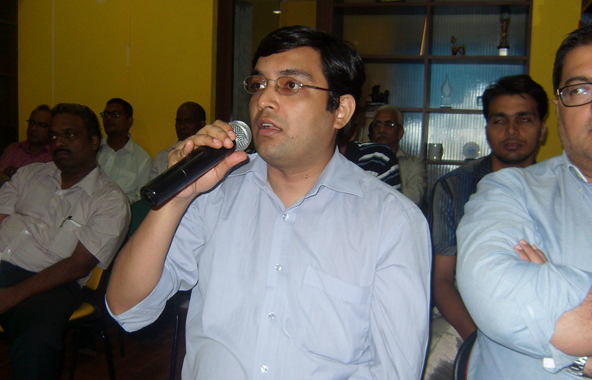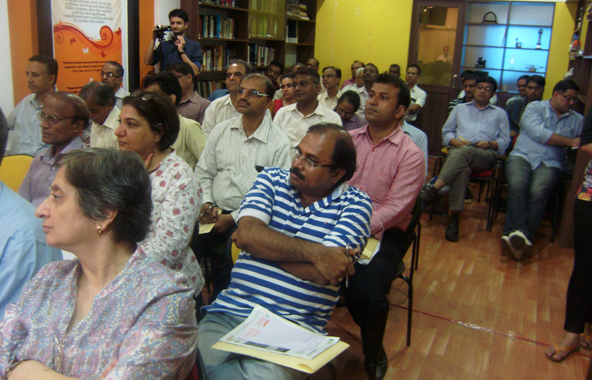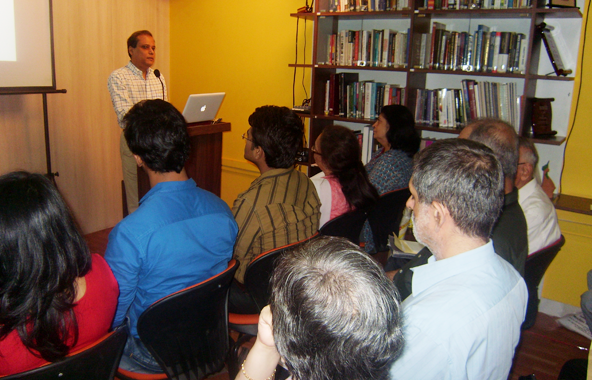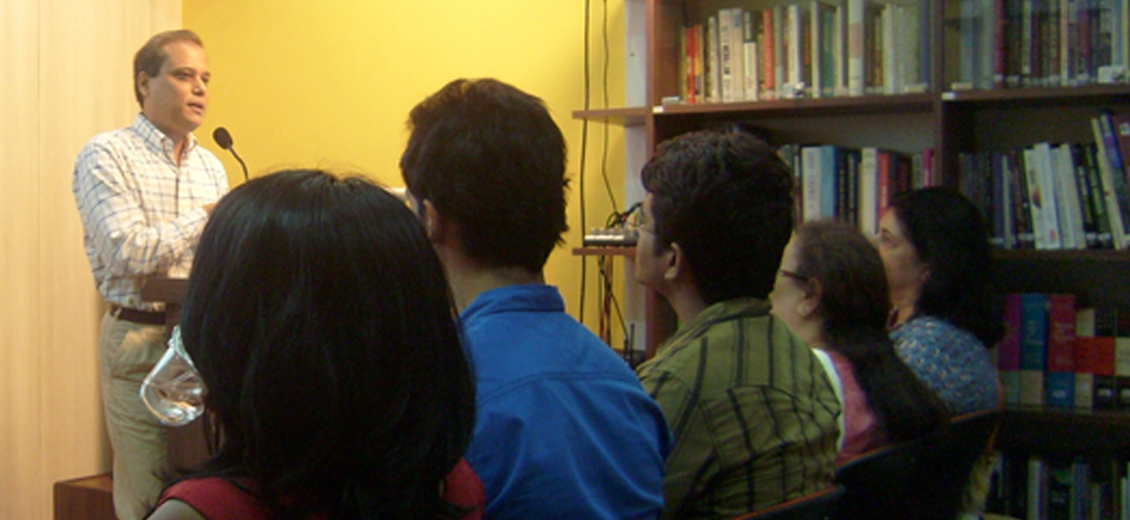
Moneylife Foundation conducted another successful seminar on retirement planning where Debashis Basu, editor Moneylife, discussed the various aspects of retirement planning and why you should not neglect it. Using a fictional character called Mr Kumar, Mr Basu detailed the different factors that influence how much one can save and how long one’s corpus is expected to last. Many are unaware how expenses could just balloon by the time of retirement. “Many don’t bother to make the calculation, even though some parts are not difficult at all. One reason is that there is much that is simply not known. Many assumptions are to be made when making a retirement plan,” explained Mr Basu. You don’t know how long you will live for, but you can calculate what your expenses will be, how inflation will affect expenditure, and much else.
While saving for retirement, one needs to be prepared for the six unknowns—under-investment risk, the risk of longevity, failure to account for sudden spikes in monthly expenses, the dominance of a non-income-generating asset like real estate in the portfolios, low growth of assets and post-retirement support.
Mr Basu said, “Under-investment risk is the danger of not having saved or invested enough for retirement, if not both.” Indians do save their money, but often don’t look beyond fixed-income schemes, such as bank FDs or investment-oriented insurance products. Mr Basu said, “You may have under-invested, which means that you have simply not saved enough.”
With poor returns from investment and high inflation, by just saving in fixed income investments one would find it difficult to create a sustainable corpus for retirement. If your income grows as inflation rages on, it may be possible to ignore the adverse effects of inflation. But when your income is static, it becomes a major problem. Therefore one needs to choose the right products for investment, those, which can generate wealth over the long term.
“The second risk, longevity, is a big concern. The longer you live, the more likely it is that you will run out of money,” said Mr Basu. Like interest rate and inflation, this is another factor that is out of your control, he highlighted. Therefore, one needs to be prepared for the unforeseeable.
The third factor, failure to account for sudden spikes in monthly expenses pre-retirement and post-retirement, is one that is completely unknown. Unexpected expenses before retirement may need you to pull out from your retirement corpus. Even post-retirement, you cannot, for example, predict when you’ll need surgery in your later years. Mr Basu said, “We have assumed that your retirement expenses will be 80% of current expenses. But what about the month when you need surgery or are under costly medication? At this time, it could be 135% of the current expenses.
One needs to consider their assets at the time of retirement, as well. The problem of over-reliance on property is another concern. “Real estate works just like stocks. In a good economic scenario, real estate appreciates; at other times, it can be static,” Mr Basu said, adding equity exposure is a good way to achieve a sizeable corpus.
When it comes to post-retirement income and support, Mr Basu said that “Indian children do support their parents, so perhaps you won’t need to bother about big healthcare costs.” This can make a huge difference to your retirement requirements.
The session concluded with Mr Basu outlining the steps one could take to calculate how much is needed for retirement.
This was followed by an engaging Q&A session where Moneylife Foundation members raised queries related to retirement.


